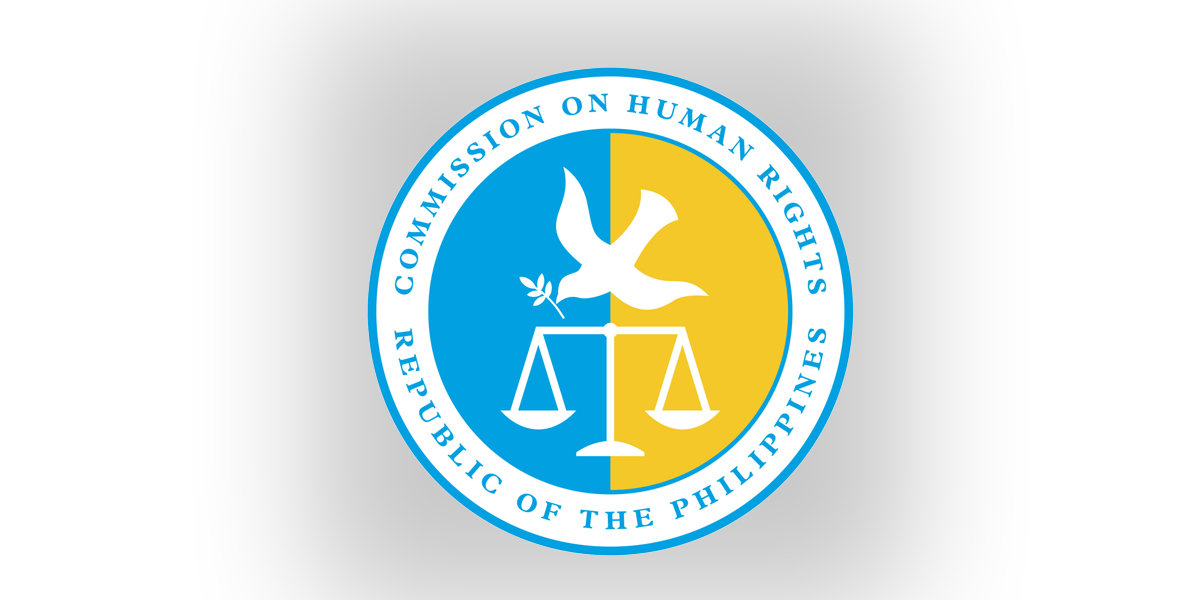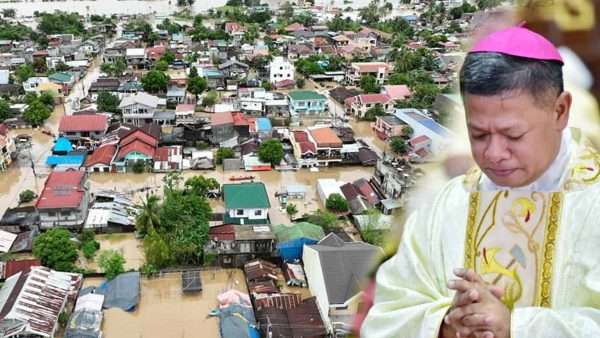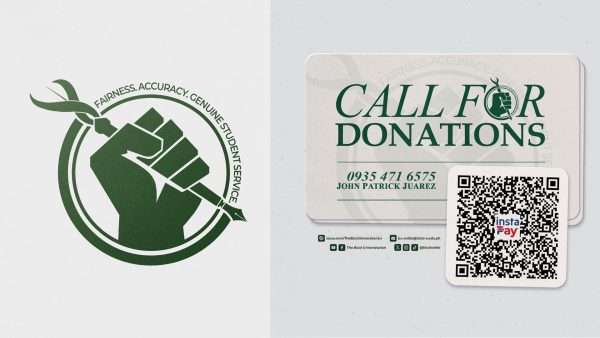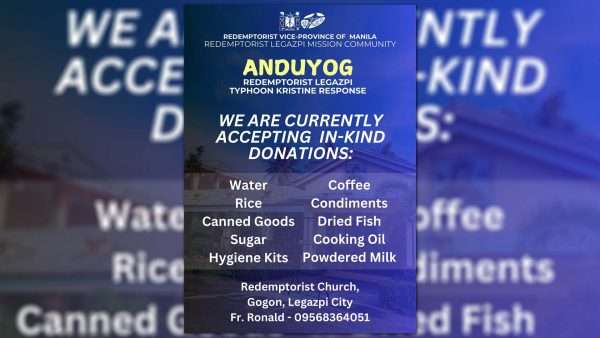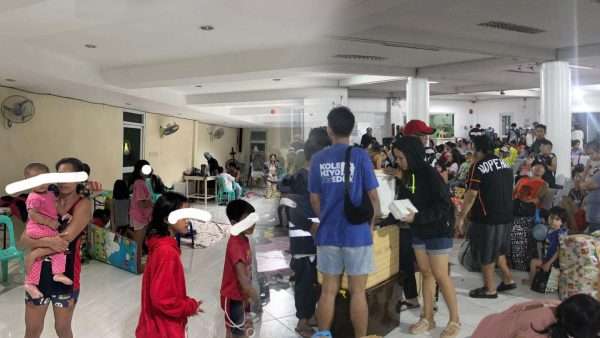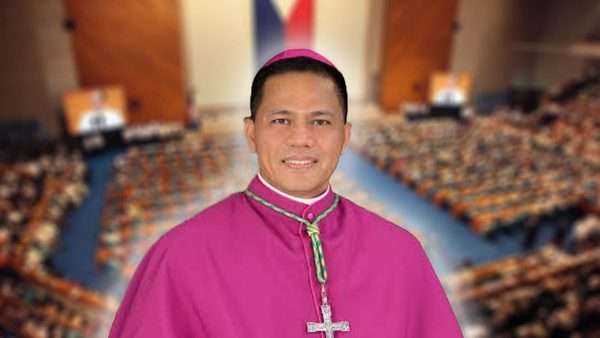421 total views
Umapela ang Commission on Human Rights sa Philippine National Police na muling pag-aralan ang planong pagbabawal sa ‘hatid-sundo’ scheme para sa mga Authorized Persons Outside of Residence sa pagpapatupad ng Enhanced Community Quarantine sa National Capital Region.
Ayon kay CHR Spokesperson, Atty Jacqueline Ann de Guia, sa halip na basta na lamang ipagbawal ay mas dapat na ikonsidera ng PNP ang pagpapatupad ng ibang paraan upang matiyak na hindi maabuso ng hindi mga otorisadong makalabas ng tahanan ang nasabing ‘hatid-sundo’ scheme.
“We call on the PNP to review this measure and put into consideration the welfare of our authorised persons outside of residence (APORs). The issue of alleged abuse of this ‘hatid-sundo’ scheme raised by the authorities can be addressed by requiring documentary proof that the passengers and driver of the vehicle are indeed APORs or authorised persons to fetch APORs.” pahayag ni de Guia.
Ipinaliwanag ni Atty. De Guia na bagamat kaisa ng pamahalaan ang CHR sa pagnanais na maprotektahan ang bawat mamamayan ay kinakailangan hindi rin maisaalang-alang ang kapakanan ng mga Authorized Persons Outside of Residence na karamihan ay mga manggagawa mula sa iba’t ibang larangan.
“While the CHR fully understands the government’s move to manage the surge of infection brought about by the Covid Delta variant, APORs, including medical frontline workers and those working in essential establishments, such as restaurants, supermarkets, and banks among others, should not be deprived access to a safe way of commuting.” Dagdag pa ni Atty. De Guia.
Sinabi ni Atty. De Guia na ang planong pagbabawal ng PNP sa ‘hatid-sundo’ scheme o paghahatid-sundo sa mga APOR mula sa kanilang tahanan at mga pinagtatrabahuan ay maaring higit na maglantad sa mga ito sa panganib na dulot ng COVID-19 virus.
Naniniwala rin ang komisyon na dahil sa kawalan ng katiyakan sa pagkakaroon ng mas ligtas at maayos na pampublikong transportasyon ay maaantala rin ang pagganap sa tungkulin ng naturang mga manggagawa.
“The Philippine National Police’s (PNP) plan to ban the practice of fetching APORs to and from their workplaces jeopardizes their ability to carry out their crucial roles in combating the pandemic. It also exposes them to higher risk of infection as there is no guarantee that there are enough public utility vehicles available during ECQ.” Dagdag pa ni Atty. De Guia.
Sa ilalim ng muling pagpapatupad ng ECQ sa National Capital Region ay tanging ang mga essential workers o APOR lamang ang maaring magtungo sa ibang siyudad o lumabas at pumasok ng Metro Manila basta’t may kaugnayan sa kanilang hanapbuhay kung saan kinakailangan makapagpakita ng company ID o certificate of employment.

